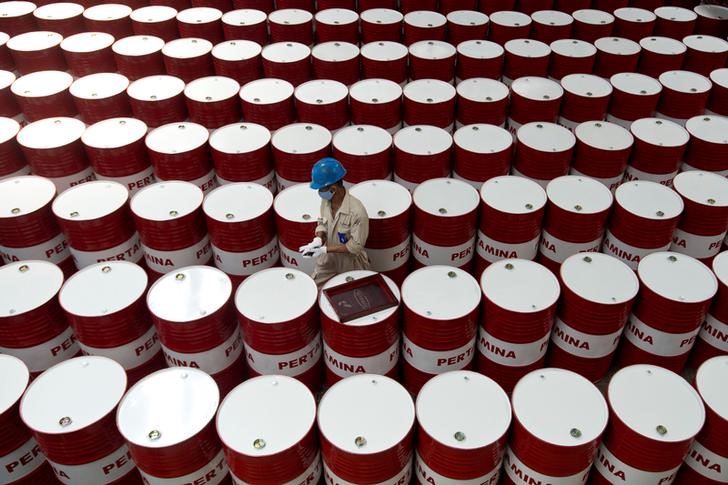Investing.com — Following the recent election results, analysts are assessing the likely impacts on energy, commodities, and mining sectors under a Republican-led administration.
President Trump’s return signals potential trade tensions and regulatory shifts that could shape these industries over the next few years.
For commodities and metals, the outlook is mixed, according to analysts.
UBS warns that a Republican administration may renew tariffs on Chinese imports, potentially affecting demand for industrial metals. They highlight that the proposed tariffs on China could reach 60%, adding pressure on global trade and industrial production and creating downside risks for metals prices, partly due to a stronger dollar and higher real interest rates.
However, UBS expects that China may offset export losses with domestic demand stimulus to mitigate these impacts.
In mining, UBS notes that tariff risks could have broader effects if extended globally, particularly if the House implements a 10% tariff on all imports.
They explain that it could trigger retaliatory tariffs worldwide, leading to further declines in metal prices and delays in market restocking.
UBS estimates that a global tariff scenario might reduce China’s 2026 GDP by 200 basis points and global GDP by 90 basis points compared to baseline projections.
Meanwhile, Wells Fargo (NYSE:WFC) sees a more favorable environment for oil and gas under Trump, with deregulatory policies likely to benefit companies such as ExxonMobil (NYSE:XOM), Chevron (NYSE:CVX), and refining firms like Valero (VLO).
Lower regulatory constraints on the Energy Transition are expected to favor traditional energy sources and support stronger demand trends.
However, geopolitical de-escalation in areas like the Middle East could add downward pressure on oil prices if Trump succeeds in easing conflicts, which may counterbalance OPEC+’s push for higher prices, according to the bank.

